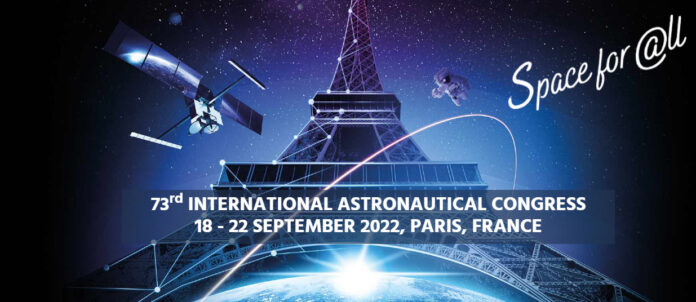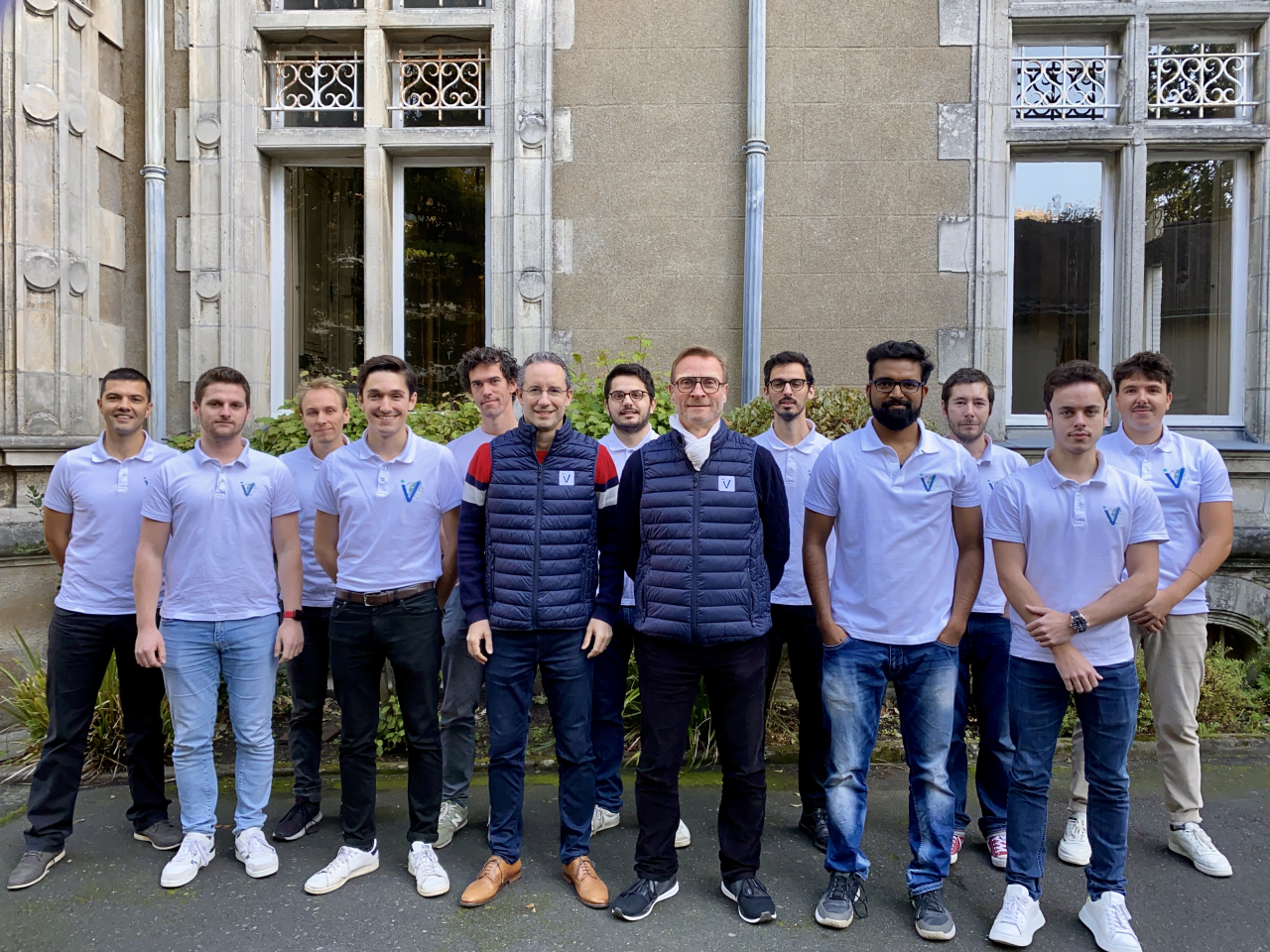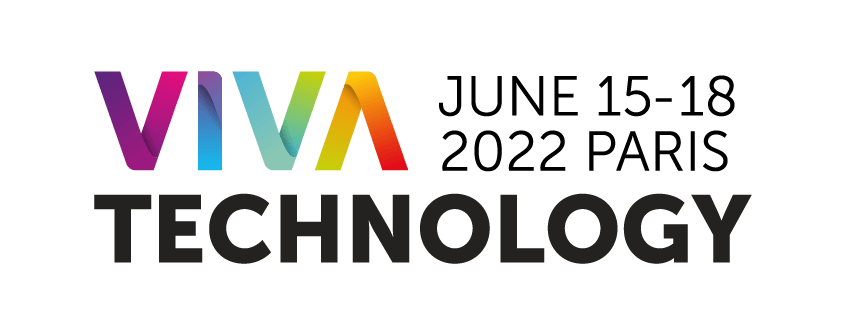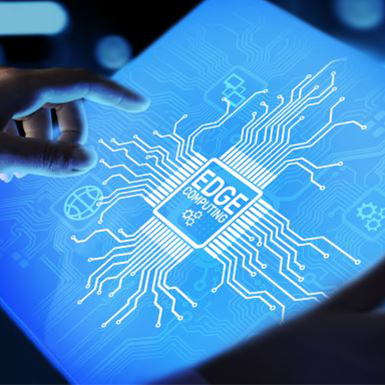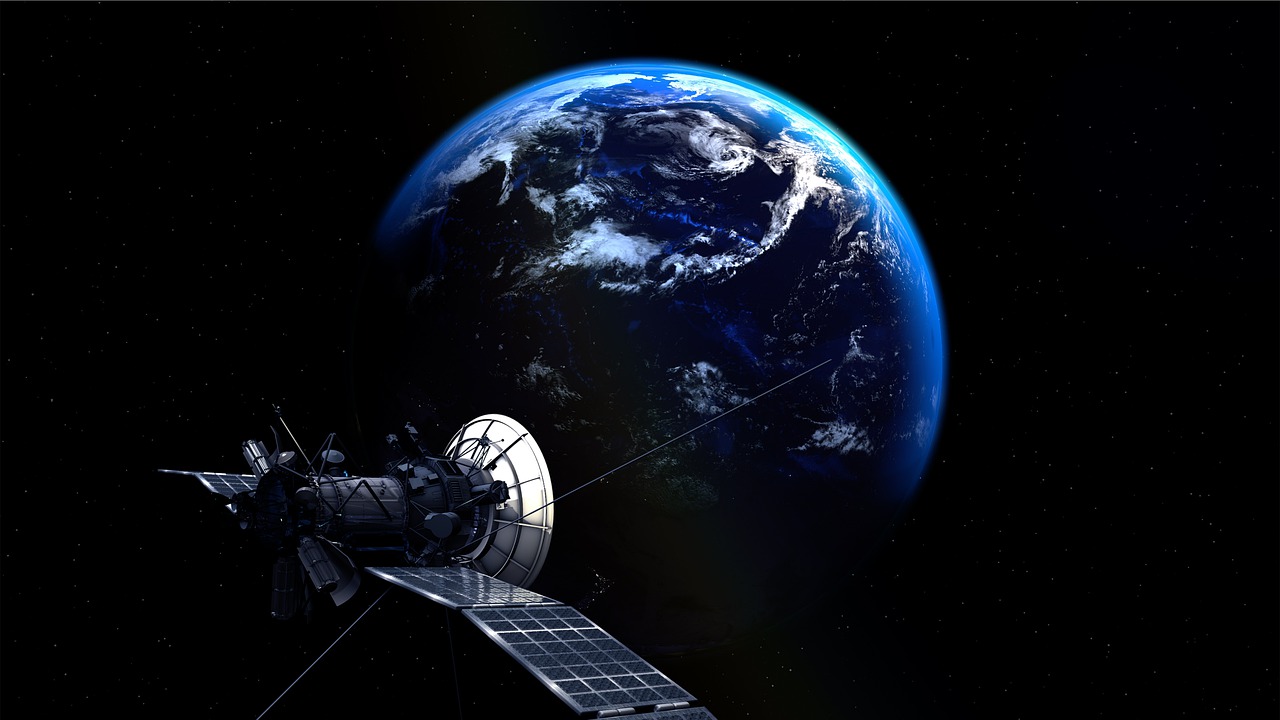The COVID 19 pandemic has put immense pressure on medical services globally, leading to a re-assessment of ways of working, logistics, business models and associated technologies. As a result, the digitisation of the health sector has been accelerated and marks a turning point in the healthcare industry. In fact, 65% of EU healthcare providers state that their organisation has increased its adoption of digital technologies. 2025, the European market for connected hospitals is expected to grow at CAGR 4.0%, a development that is lead by the UK, France and Germany.
Smart and connected hospitals are changing how healthcare is delivered with positive benefits for patients’ experience, but also operational efficiency. The increasing number of chronic diseases and related prevention initiatives and outpatient care is further driving this development. The emergence of new IoT, mobile devices, wearables and related digital platforms is further pushing this development with new specific needs for connectivity.
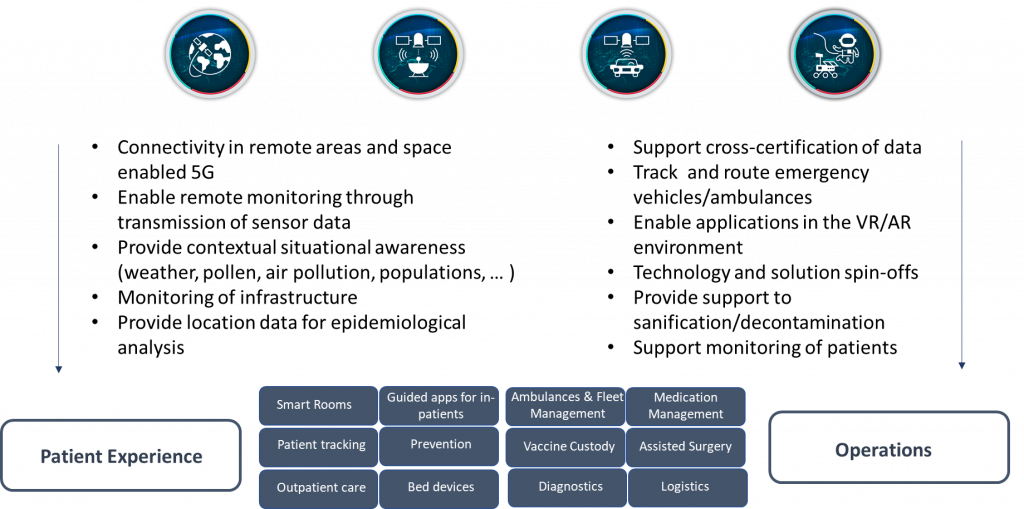
Space infrastructure can play a major role in the development of new innovative services and applications: telecommunication satellites allow for connectivity anywhere, anytime, even in remote areas for and fast communication and data transfer for telemedicine services or point of care solutions (e.g. remote imaging, monitoring, diagnostics). Space enabled 5G and 6G services will further enhance bandwidth, speed, communication resilience and coverage. Navigation satellites help for better transparency across the medical supply chain, for the management of ambulances and fleets, but also for the tracking and location identification of medical teams and patients. Earth Observation supports patients and doctors in better adjusting therapies taking into account, among others, air pollution, pollen, and weather changes. It can also help in predictive analytics for hospital management considering weather and environmental changes or population related data. Finally, various technological spin-offs had been realised during the last decades.
The digital transformation of smart health infrastructure will provide opportunities for satellite-enabled solutions. ESA has, among others, experience, and expertise in the field of environmental monitoring, tele-epidemiology, telemedicine, robotics, track and trace, IoT/M2M and enabling last mile deliveries through drones – and is further dedicated in supporting companies with technical and commercial guidance to develop space enabled innovative solutions.
Learn more in how ESA can support you!



